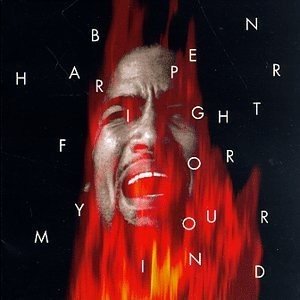George Orwell has earned the right to be called one of the finer writers in the English language through such novels as 1984 and Animal Farm, such essays as “Shooting an Elephant,” and his memoir Down and Out in Paris.
George expressed a strong dislike of totalitarian governments in his work, but he was also passionate defender of good writing. Thus, you may want to hear some of George’s writing tips.*
A scrupulous writer, in every sentence that he writes, will ask himself at least four questions, thus:
- What am I trying to say?
- What words will express it?
- What image or idiom will make it clearer?
- Is this image fresh enough to have an effect
And he will probably ask himself two more:
- Could I put it more shortly?
- Have I said anything that is avoidably ugly?
One can often be in doubt about the effect of a word or a phrase, and one needs rules that one can rely on when instinct fails. I think the following rules will cover most cases:
- Never use a metaphor, simile, or other figure of speech which you are used to seeing in print.
- Never use a long word where a short one will do.
- If it is possible to cut a word out, always cut it out.
- Never use the passive where you can use the active.
- Never use a foreign phrase, a scientific word, or a jargon word if you can think of an everyday English equivalent.
- Break any of these rules sooner than say anything outright barbarous.
* From “Politics and the English Language” by George Orwell.


